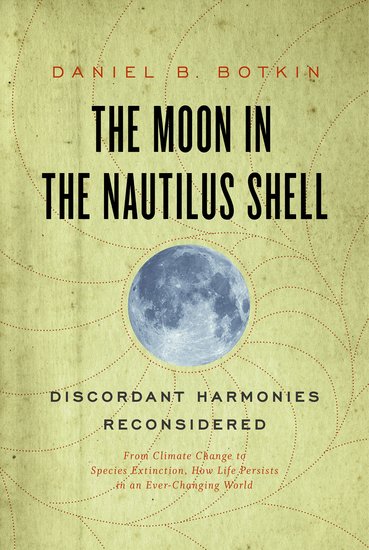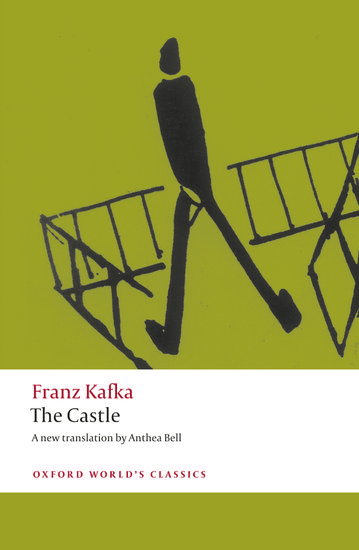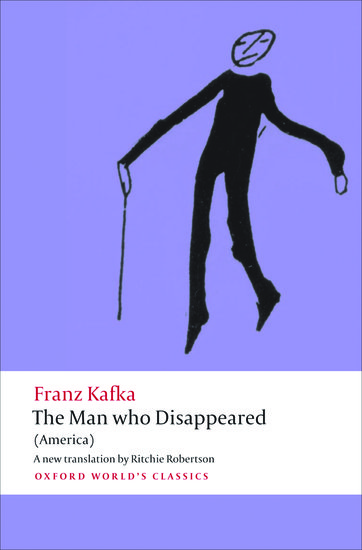By Donald A. Ritchie
The 111th Congress began in January 2009 amid complaints about the long wait for the inauguration of the new president, and ended amid complaints about the long the lame duck session at its tail. Critics, who lament that transitions in the American government do not move as efficiently as in a parliamentary system, have declared the Twentieth Amendment a failure. While it is true that the U.S. Constitution set up a system that is anything but speedy, the Twentieth Amendment was actually a reform that reset the calendar and moved up the clock.
Hang on because this gets complicated: Back in 1788, after enough states had ratified the Constitution, the outgoing Congress under the Articles of Confederation set the first Wednesday in January as the date for the first presidential election.









